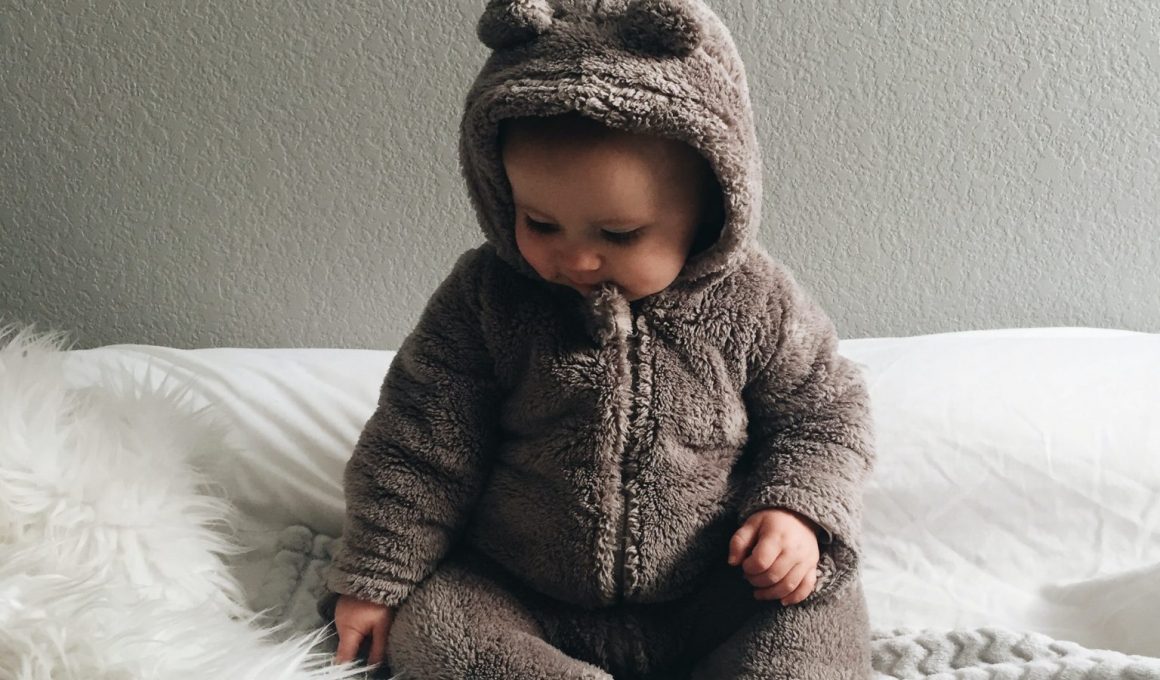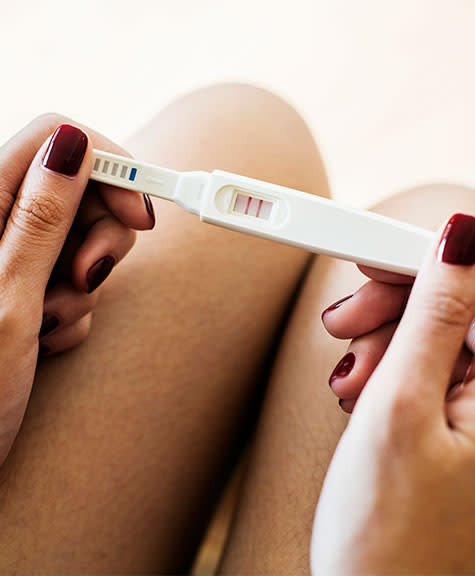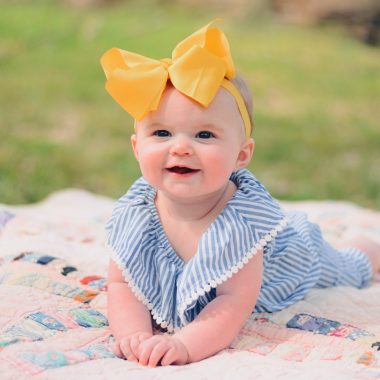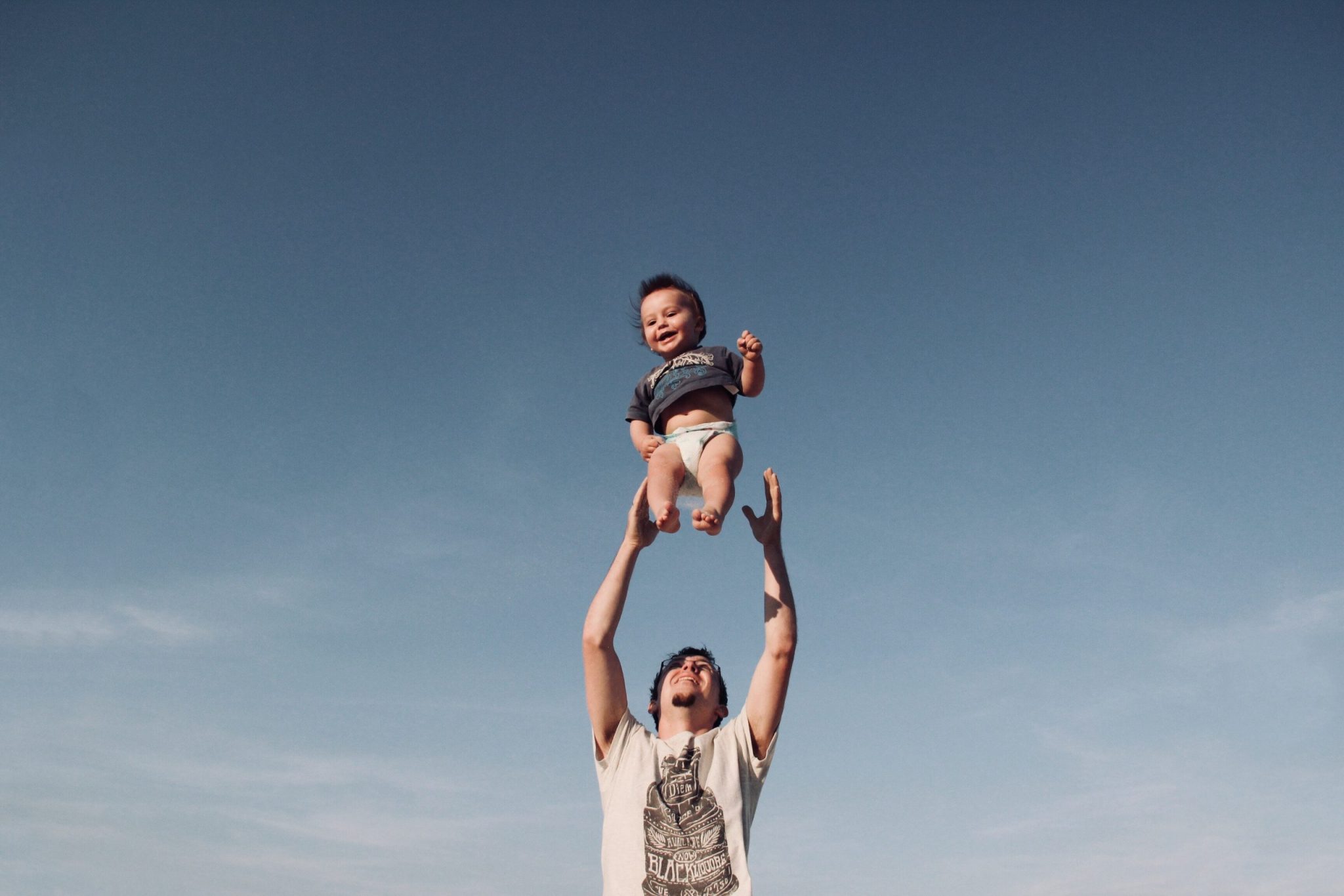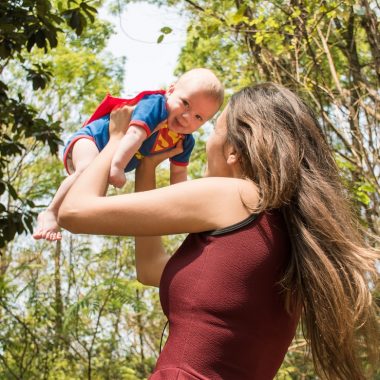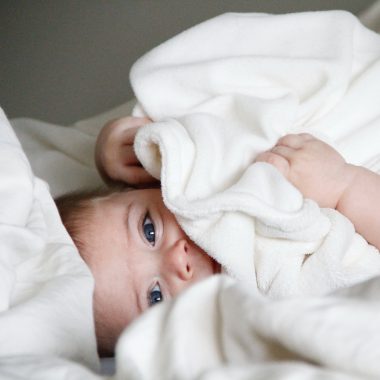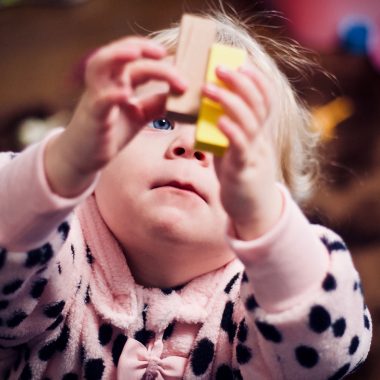Is my baby smart? What are the signs of a smart baby? How intelligent is my baby? It is pretty normal to expect and anticipate your child to be a genius. To be honest, as parents we have been there and done that. And we can assure you that other parents share the sentiment.
There are many different determinants that help parents and experts gauge intelligence in children, especially at a young age. While every developmental stage has its milestones, you will be keeping an eye out for one of the many important stages i.e. language development.
Also termed as stages of verbal development, this is marked by progressive growth that begins with recognition of language and moves towards understanding and then eventually mimicking and expressing.
Moreover, research has found a strong connection between higher IQ levels in adults of various ages and early baby language development. This goes to show that not only is language development at an early age a sign of a smart baby but it also bolsters IQ levels at later stages of adulthood.
ALSO READ: Signs of Intelligence In Babies
No linear measure can do the process justice when it comes to language development. Some children can only name objects and animals that they identify in images. Other children have a vast vocabulary but lack the capacity to form coherent sentences.
And since every child develops at a different pace, it is impossible to map out a precise growth pattern or signs of intelligence. However, there are some general patterns that parents and experts have observed over time.
Marked as language development milestones, these begin as early as 3 months and continue up until the age of 5 years. So, what are the signs of a smart baby with respect to language development?
Read on to find out the different milestones to keep an eye out for and just how much you should expect from your toddler. Of course, when determining signs of intelligence or lack thereof, one must use a typical bar.
The following language development milestones are what you should generally expect from infancy up to school age in a perfectly average, typically developing child.
When does baby language development begin?
Typically, toddlers begin making sounds aimed at communicating with us around the age of 3 months. These are entirely unintelligible sounds mostly referred to as gurgling or cooing sounds. Language development in babies during the first year looks a lot like this:
- By 3 months: Babies can recognize familiar voices at this age. They also respond with coos, smiles, and unintelligible words.
- By 6 months: Babies can notice and follow sounds with their body language and eyes. They begin to notice the difference in tonal changes as well. At this age, babies are more vocal in expressing excitement or displeasure. Expect more laughter and giggles as well.
- By 9 months: This is when imitation begins. Gestures, actions, words, and sounds become a part of your baby’s vocabulary. They also begin babbling longer sentences and strings of words.
- By 12 months: By the first-year mark, babies have a vocabulary of 1-2 words (mostly “mama” or “dada”). They can also understand simple phrases as well as words for everyday items.
ALSO READ: When Does Baby’s Intelligence Development Begin?
This is a pretty typical language development chart. However, we all know that learning is not a linear process. This chart (or any for that matter) should only be used as a guide. You will undoubtedly notice fluctuations and differences in your child. If you have multiple children, you will also notice differences in each child. Signs of a smart baby would be a child ahead of the typical range of this chart.
Language development after 12 months
After your baby hits the one-year mark, their language development will expand to include more words, phrases, and expressions. In terms of their understanding as well, children will not be able to follow instructions, listen to advice, and follow advice.
- By 18 months: A vocabulary of 10-20 words (averaging at about 18 words) is common for children at this age. If you are looking for signs of a smart baby, then you will notice a recognition of everyday common items’ names and a vaster vocabulary set. Another sign is imitation. Your child will enjoy repeating words they hear in conversations and dialogues around them.
- By 2 years: Gestures will now become a significant part of your child’s conversations. Your toddler should have a rough vocabulary of around 50 words. They will also be more comfortable stringing two words together or using two-word phrases.
- By 3 years: By now your child will be able to understand the concept of time as well as plurals and pronouns. Their vocabulary will expand to include roughly 200 words. Three-letter phrases and sentences will also begin surfacing.
- By 4 years: At the 4-year mark, children will be able to narrate stories and events while using fuller sentences. Your child should also be able to understand and answer questions. The identification and grouping of colors, sounds, shapes, and sizes should also be a part of their development.
ALSO READ; What are the Cognitive Development Milestones for Babies?
Is early language development a sign of intelligence in babies?
According to research, babies who experience language development earlier than average grow up to have higher IQ levels. This is mostly noticeable during adulthood. That being said, language delay is also the most common developmental delay experienced by children under the age of 3. And in most cases, it resolves on its own. However, it can still be a significant source of worry for parents.
If you are not noticing some of these patterns in your child, there is no need to fret or worry. Some children learn slower than others. And at the same time, some children display advanced growth in other developmental stages even though they might fall behind the typical scale in language development.
Why is my baby not talking yet?
There can be a number of reasons why your baby is not talking yet. While developmental disorders are an important consideration, other less severe cases are caused by hearing loss, too much stimulation or too little, or even short attention spans. In spite of everything, if you still have doubts you can schedule a visit with a specialist or child speech therapist. If you’re thinking “how do I help my toddler’s speech development,” there are a few things you can do to encourage improvement and further learning.
- Verbally respond to your baby’s vocalizations
- Talk to your child and hold conversations with them
- Use hand gestures while talking to your baby
- Introduce bedtime reading or lullabies
- Focus on translating feelings into words
For older children, you can attempt to include a more diverse vocabulary in your conversations. Make it a point to share new information and knowledge in abundance. Children are very keen to explore the world and grow their abilities to understand their surroundings. At the end of the day, nurturing their instincts will reap great benefits.
When do I need to talk to a pediatrician?
One of the easiest ways to determine if you actually have a problem on your hands is to look out for delays in the timeline of developmental milestones. Remember that a little fluctuation does not hurt. However, you must also remind yourself to not be too hard on your little one and expect milestones from them. Ideally, you should think about seeing a pediatrician if you begin to notice that your child has:
- Poor eye contact and lack of attention
- Warbled speech or strained pronunciation
- Lack of interest when being read to
- Lack of empathy for other’s feelings
- Excessive repetition, mimicking, or imitation
- Singular interests
- Trouble learning or understanding basic social skills
- Inability to understand simple directions
In most cases, children who do not display language development early on still manage to catch up with their peers all on their own. That is why you need to allow your child time and space to grow into language development at their own pace. Unless something is seriously wrong, your baby will have all the signs of a smart baby in terms of language development.
What experiences do you have with children and language development? Share your advice or questions with our parenting community in the comments below.


